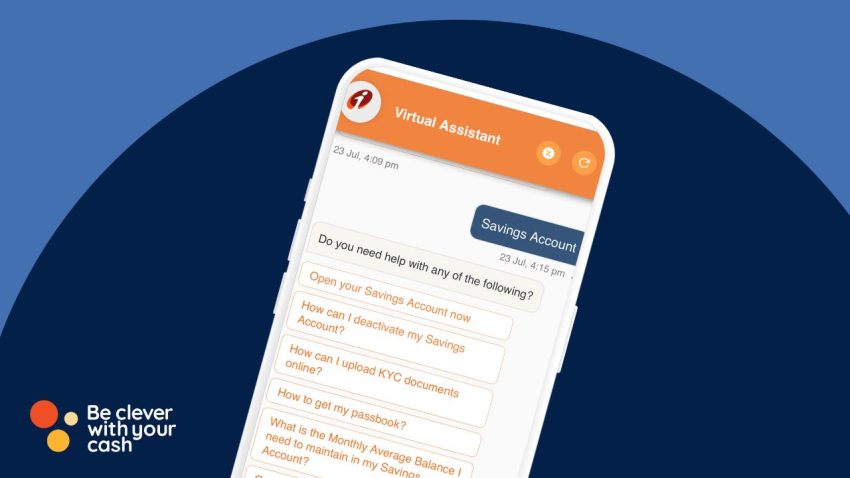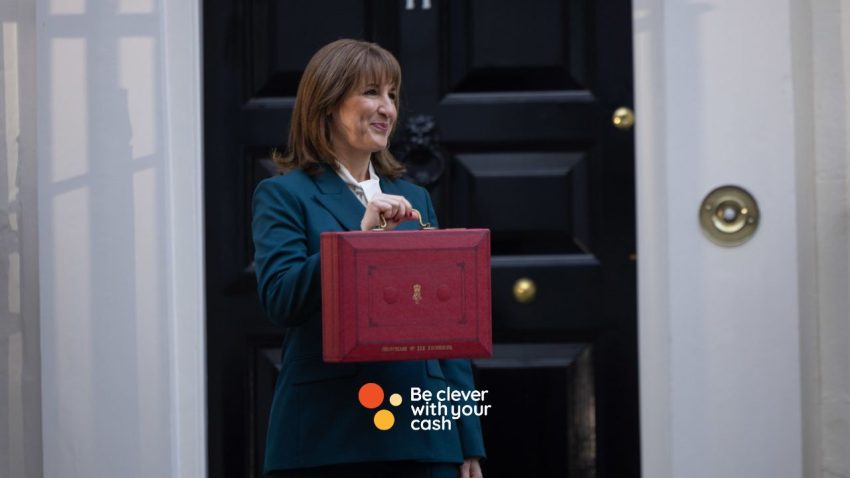When money’s tight it’s time to start your own budget.
Struggle every week to keep on top of your cash? Need to save for something big? If any of these sound like you (and there are plenty of other reasons too), then the dreaded budget will help.
Don’t be scared. It can be really simple and will give you an idea of the state of your finances.
I’m going back to basics on this one to make sure everyone can get this right.
What is a budget?
It can be as simple or complicated as you feel confident. At its most basic it’s a list of money you get and a list of money you spend.
Total them up and the difference between those lists is either how much you have spare, or how much you need to cut back or find.
If you want to have more control over your finances then you can have various budgets covering different spending needs.
How to start a budget?
For the main budget which I think everyone should have you have a couple of option.
You might be happy using an Excel or Google Sheets spreadsheet, but the easiest option is to use a tool like the one created by The Money Advice Service.
It’ll guide you through different spending and income categories and then add up all your totals. YES, IT DOES THE MATHS FOR YOU!
What goes in your budget?
Everything! From 60p for a can of coke to whatever you plan to spend on holidays and Christmas. If you spend money it goes in the budget.
Income too. Salary is obvious, but don’t forget interest on savings and ad hoc money you receive like birthday presents should also go in.
To do it accurately first get hold of your bank and credit card statements. Most of your spending is here, though if there’s anything extra then write all of that down too so you can add it to your budget.
Though most people get paid monthly, you might get your income every week, or it could be irregular and vary throughout the year. For the purpose of the budget, choose a time period that suits you best and make sure all the amounts fit.
And while the majority of payments and spending will happen in this timescale, others could be spread across the year. That’s everything from annual insurance policies through to birthdays and Christmas. So remember to factor these in so you don’t get a nasty surprise.
Look at your results
Once everything has been entered you’ll see that you’ve got one of two results.
Either you spend more than you earn, which isn’t good news, but at least you now know by exactly how much.
Or you earn more than you spend. Though that’s great it doesn’t mean you can’t also look for where you’re spending more than you need to.
Make some changes
Knowing the bottom line of your finances is really important, but if you want to take it to the next level, you need to split your spending down and look for how to
Decide your essentials, priorities and luxuries
I think it helps to think about your spending into two or three sections.
– Essentials are bills, rent, transport to work etc. The things that if you don’t pay there could be trouble or would stop you earning.
– Personal priorities are the things that are important to you and your life. For me that would normally include eating out and travel.
– Luxuries are the stuff you could probably do without. The “nice to have”.
Everyone’s budget will be different. Though essentials will be broadly the same, something important to you might be a luxury to someone else.
If you’re short on cash, luxuries are likely the first to go. You might also need to rethink your priority spending, or at least see if you can get better value for your money.
Find where you can spend less and make more
Every week on the blog I’m writing about ways to save some money, and those are exactly the things you need to do now. From paying less on bills and debts through to making money via cashback.
My £1,000 money makeover series is a good place to start, but just browse through the site and you’ll find hundreds of ways to do this.
Set spending budgets
You can also break down spending categories by amount. Some are easy as they don’t change (often those essential bills). But for things like supermarket spending and more luxury and priority spends it will vary.
So work out roughly what you tend to spend and adjust it by how much you think you can afford to spend. For example you could set aside £100 a month for clothes shopping, and another £60 for events, and so on.
Then you need to try to stick as closely as possible to these new budgets.
Sticking to your budget
For more tips on how to stick to your new budget, watch this video.






Great points illustrated. Budgeting is a very crucial and very important phase.